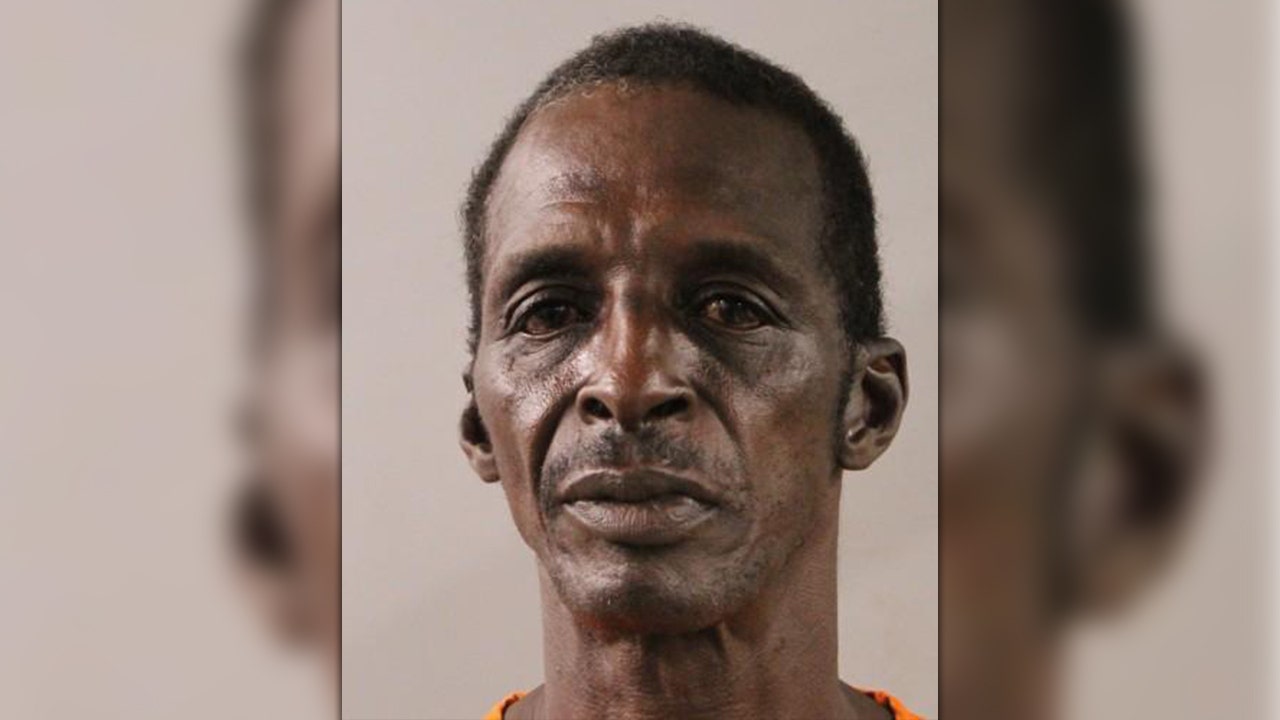It’s a bitter battle between the former foes-turned-allies-turned-foes-again vying to lead the relatively stable nation in a volatile region.
Ruto calls himself the “Hustler-in-Chief,” a reference to his humble beginnings as a chicken seller in Kenya’s Rift Valley to a heartbeat away from the most powerful office in the land.
“I may be the child of nobody but we want to make this a country of everybody,” the Kenyan deputy president told CNN at his expansive official residence in the wealthy Karen neighborhood of Nairobi.
“We want to make this country a country of opportunity for every child in Kenya.”
Odinga, who says he is contesting for the last time, has unsuccessfully run for president four times before and challenged his loss in the last three elections.
“I had considered not running this time but there was a lot of pressure on me from my supporters to run because of what I represent,” he told CNN, promising change if elected.
“I’ve been saying that the aspirations and the desires of the people of Kenya as expressed in the founding document of our nation, what you can call the Kenyan dream, has not been realized.”
The two other candidates cleared to run for president are professor George Wajackoyah and David Mwaure Waihiga. They are both considered long shots and unlikely to win.
The president’s backing
Kenyatta ditched his deputy Ruto to support Odinga, became the chair of his Azimio la Umoja (Aspiration to Unite) coalition’s campaign, and brought along influential figures from his powerful Kikuyu ethnic group.
But Ruto has assembled a formidable coalition of his own named Kenya Kwanza (Kenya First), attracted many leaders from Kenyatta’s backyard and animated broad national appeal with an oft-repeated rags-to-riches story.
While he retains the title of Kenya’s deputy president, Ruto lost most of his powers and responsibilities in 2018 when Kenyatta reconciled with his former rival Odinga, effectively neutralizing the opposition.
A symbolic handshake with Odinga ended Kenyatta’s alliance with Ruto, a well-orchestrated union that had won them the presidency twice and scuttled their crimes against humanity cases at the International Criminal Court.
Ruto is running on that betrayal, as Kenyatta had repeatedly pledged to support his deputy when the president’s term ended.
‘I have a plan, he doesn’t’
“There is a world of difference between me and my competitor. I have a plan, he doesn’t,” Ruto says of Odinga.
He accuses the Odinga campaign of making general statements about Kenya’s huge debt burden, high cost of living and unemployment crisis without detail or clarity.
“He’s a good old man, but I don’t think today, he has the capacity to pull this country from where it is. Kenya cannot afford to have a leader who is not hands-on, who doesn’t know what he’s doing or what’s going on, who is depending on other people to make decisions.”
Odinga calls the pilfered funds “budgeted corruption” and promises to close corruption corridors if he wins. “There’s a lot of pilferage. When we address this, what we are going to get as savings is going to be more than what we require to fund the projects that we are talking about,” the veteran politician nicknamed Baba told CNN.
“We are not going to make any compromises and nobody is going to be indispensable including myself in the fight against corruption, because if you do it effectively, there is no reason why this country can not achieve its developmental goals,” Odinga says.
Because of their association with Kenyatta, Odinga and Ruto have to walk a tightrope between taking credit for his administration’s achievements and promising to run the country better if elected.
Ruto says that their government was “invaded by the opposition” in the second term, derailing their agenda while Odinga denies that a win for him would be an unofficial third term for Kenyatta.
The deputy president has been sharply critical of his boss and the administration he still serves in while former prime minister Odinga mostly attacks Ruto.
“Everything that he pronounces today is mere empty rhetoric — words — and we know that there’s no commitment or determination to fulfill what he is promising the people of this country,” Odinga says of Ruto.
The deputy president is dismissive of any criticism and believes that the election is already decided in his favor.
How will voting work?
To win, either candidate will need to win more than half of all votes cast in the election. Some observers say the outcome could be so close that it could send Kenya into a run-off for the first time. Odinga and Ruto both told CNN that they would accept the result of the election if they lose, as long as the process is free and fair.
The results of the elections are expected to be announced by August 15th.
But both raised concerns about how the Independent Electoral and Boundaries Commission (IEBC) had managed aspects of the process, warning that it may affect trust in the poll.
After Kenya’s Supreme Court annulled the 2017 presidential election and blamed the IEBC, the commission has tried to be more transparent to increase trust in the process.
Kenya has an electronic voter register but actual voting and counting is done manually. Polls open nationwide at 6am on 9th August and close at 5pm.
For its part, the IEBC says it made minor technological changes this election period to regain trust in the voting system.
The race is expected to be close with neither of the leading candidates polling significantly higher than the other. If no candidate wins more than 50 percent of the votes cast, the election will go into a run-off for the first time in Kenyan history.




















Discussion about this post